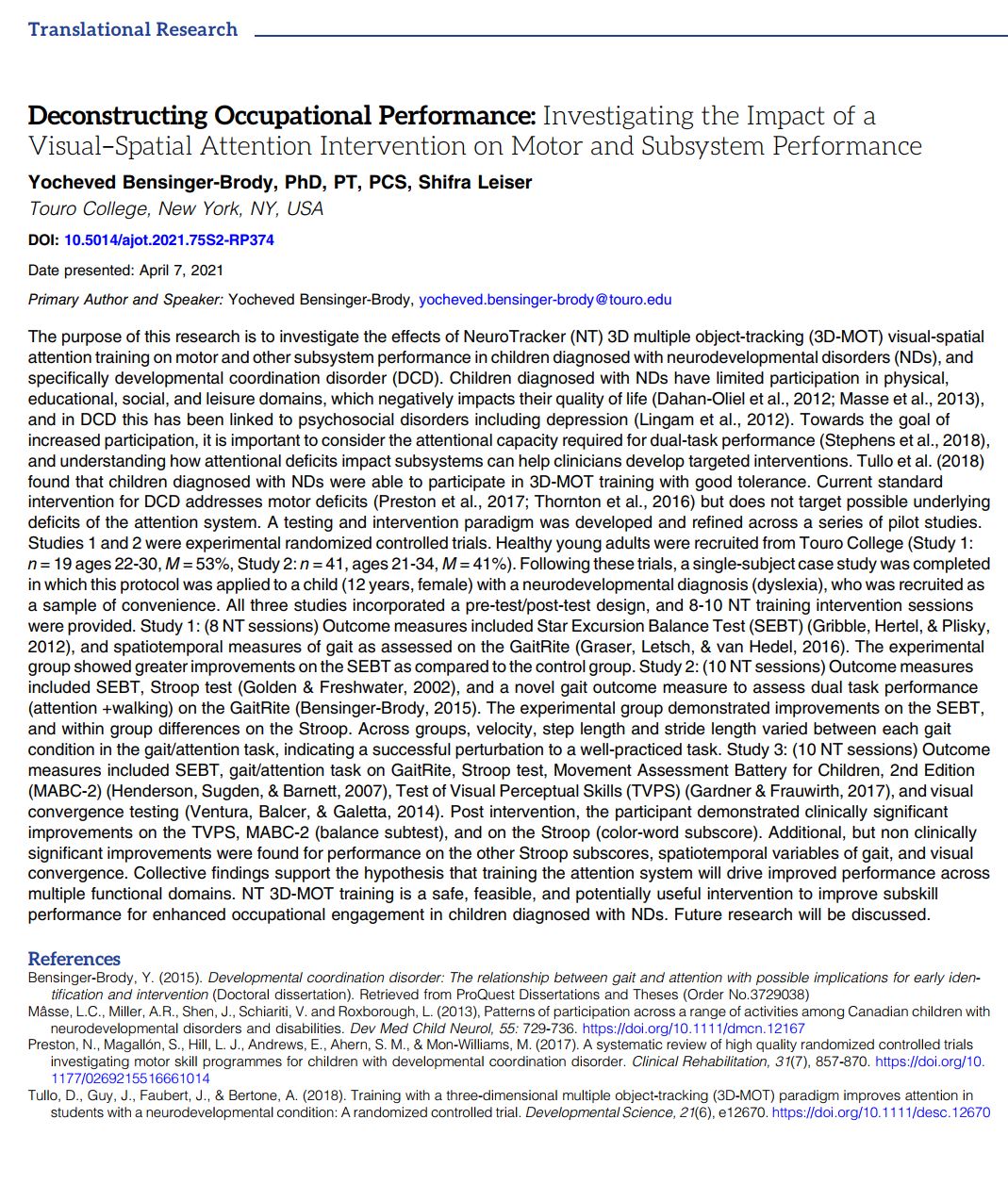Welcome to the Research and Strategy Services at in today's fast-paced.


Too often, a concussion appears to be followed by some sort of knee or ankle injury, including the dreaded ACL tear. ACL sprains are, after all, one of the most common sports injuries experienced by athletes. In fact, this trend has been observed in a variety of sports, such as football, basketball, soccer and lacrosse.
For example, take football players Darrelle Revis and Robert Griffin III (RG3). Both Revis and RG3 were concussed during the 2012 season and tore their ACL shortly after returning to the field.
But, how could brain injuries result in lower-body injuries? How could a concussion make an athlete more susceptible to a lower extremity injury? These questions have attracted curiosity from sports specialists for many years.
Already in 2013, a study found that athletes who suffer a concussion are 3.79 times more likely to get a muscle or ligament injury – within 90-days of the concussion – than non-concussed teammates. While the sample size in the study was relatively small, the head researcher was pretty confident with the association. He was clearly onto something!
In 2015, a similar study was published, which concluded that lower-body injuries were far more common after a concussion than before one. A study in 2016 from the University of Wisconsin-Madison also discovered that recently concussed collegiate athletes were 2.48 times more likely to sustain a lower-body injury than non-concussed teammates.
The researchers suggested that concussed athletes’ susceptibility to lower-body injuries could be due to: abnormal motor functioning, issues with attention resource allocation and neuromuscular/balance/postural impairments.
It’s clear that even if athletes are asymptomatic after a concussion, their mental condition could be altered. As a result, changes in reaction times and decision-making could lead to further injury.
For example, imagine that you’re a basketball player getting back on defence. It’s your first game back since suffering a concussion two weeks ago. An offensive player tries to make a move on you, faking right and dribbling left. When he makes his move, you attempt to poke the ball away, but your knee gets caught in the court. This results in a torn ACL.
After all, usually an ACL injury is the result of an abrupt deceleration, a sudden change in running direction, pivoting in place, or hyperextension of the knee. Following a concussion, your brain simply isn’t quick enough to relay messages from your brain to your body. In just a split-second, you find yourself unable to do what you want.
I experienced this firsthand when I suffered from a concussion during my junior year at Bates College. When I finally returned to the football field, I felt like I was playing in slow motion and all of my surroundings were moving 100 miles per hour. It took me longer to decide if a play was a run or a pass.
Nevertheless, I had been cleared to play after passing the necessary test and protocols. Physically, I was definitely ready to play, but my brain was not up to “game speed.” My mental capabilities were not 100 percent, and definitely not up to where they were prior to sustaining a concussion.
Unfortunately, following a concussion, no amount of physical training can fix an athlete’s impaired motor functioning and balance. These impairments appear to be neurological.
However, just as you can physically rehab and strengthen your knee after surgery, you can do the same for your brain. Regaining and strengthening your cognitive skills is now a reality. To rehab some of my injured athletes, I use NeuroTracker. It allows them to keep their brains in shape (and up to “game-speed”) even when they can’t physically train.
This article was inspired by How Concussions Increase ACL Injury Rates, published in Stack on February 22nd, 2017.









Welcome to the Research and Strategy Services at in today's fast-paced.

Learn about Marc Van Loken's growing mission for brain health advocacy with Marvalous Health.

Understand the unique challenges of gifted ADHD kids and strategies to help them find balance.

Learn about two pioneering centers led by Dr. Kakavas that integrate neuroscience, biomechanics, and elite rehabilitation methods.
.png)